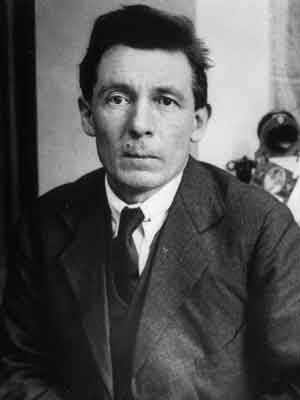AUSTIN STACK IS ARRESTED
Published in Issue 2 (March/April 2023), Volume 31By Joseph E.A. Connell Jr
In April 1916, Austin Stack was IRB Centre and commander of the Irish Volunteers in Kerry. When Stack heard that Sir Roger Casement had landed from a submarine, he went in search of him, was arrested and was taken to Causeway RIC barracks, where he pulled a revolver and escaped. He was later re-arrested and imprisoned after the Easter Rising.
In 1918 he was elected as Sinn Féin TD for Kerry South and was minister for justice in the First Dáil. At its fourth public session on 19 August 1919 the ‘Dail courts’ were established. Stack set about establishing a legal system that would supplant that of the British administration in Ireland. Up to March 1922 these ‘Dáil courts’ functioned with great effectiveness. As 1922 progressed, and with the handing over by the British of the legal machinery of the state to the Provisional Government, they were rendered superfluous and were formally abolished in October 1922.
Stack was close to Cathal Brugha and shared his antipathy to Michael Collins. Collins, for his part, had no time for Stack, and never failed to get a rise when he told Stack to ‘stick to your brief’ in several meetings. For his part, Stack derisively nicknamed Collins’s hit squad the ‘Twelve Apostles’.
Two days after the Treaty was signed in London on 6 December 1921 the cabinet met in Dublin. Brugha, de Valera and Stack voted against; Collins, Cosgrave, Griffith and Barton (reluctantly) voted for. From that point on, Stack was very anti-Treaty and joined the anti-Treaty IRA forces fighting in Dublin. He was a member of the garrison that on 29 June 1922 occupied the Hammam Hotel on Sackville Street Upper, part of the block of buildings held by the IRA under the command of Oscar Traynor. De Valera, Traynor and Stack left on 3 July and went to a safe house, intending to start a guerrilla war. Stack became the anti-Treaty director of finance. In October 1922, along with other anti-Treaty TDs, he set up a ‘republican government’ in which he was minister for finance.
Stack was arrested on 14 April 1923 and went on hunger strike for 41 days before being released in July 1924. When de Valera founded Fianna Fáil in 1926 with the intention of entering the Dáil, the unswerving republican Stack stayed with Sinn Féin and was re-elected as an abstentionist TD in the June 1927 general election; he did not contest the September 1927 general election.
Stack’s health never recovered after his hunger strike and he died in a Dublin hospital on 27 April 1929, aged 49.
Joseph E.A. Connell is the author of The Terror War: the uncomfortable realities of the Irish War of Independence (Eastwood Books).

















